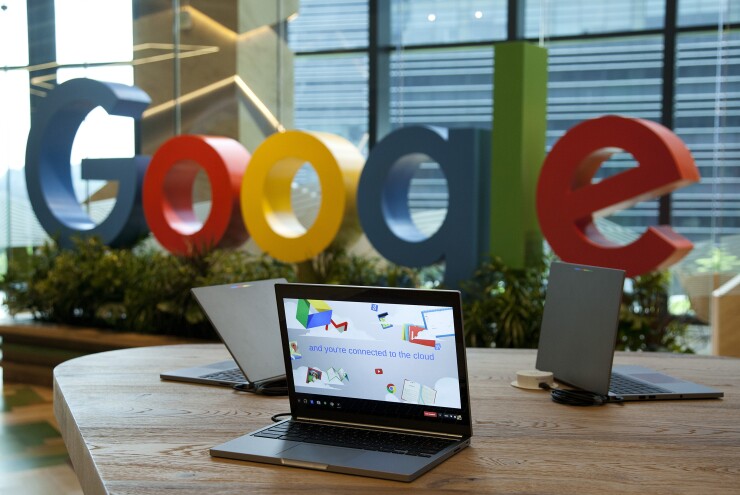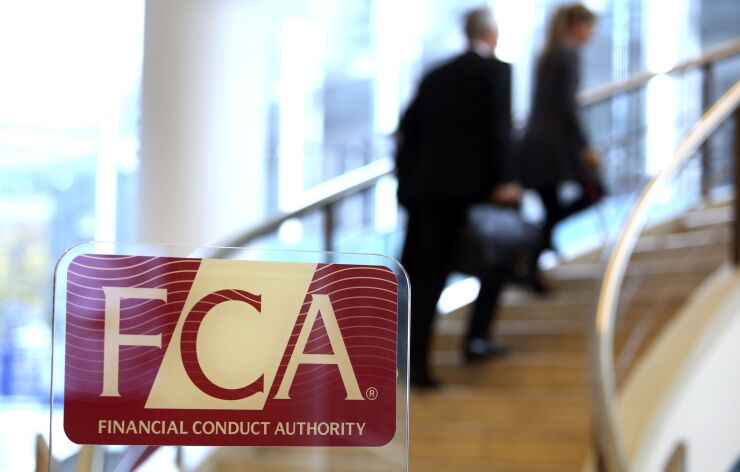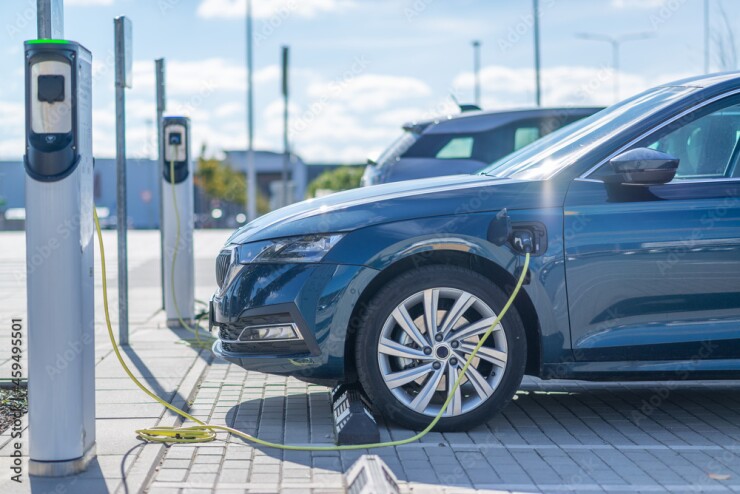
Stripe has partnered with payment technology firm Ebanx to support Brazil's Pix payment rail for Stripe merchants.
Pix, Brazil's national real-time settlement system, has
"For global commerce today, enabling how customers pay is often just as important as what's being sold. Customers prefer payment methods they know and trust, which directly impacts the bottom line," Krishnan Rajagopalan, global head for expansion, strategics and incubation partnerships at Stripe, said in a release.
Stripe this week also added support for Affirm at Stripe Terminal. This addresses the trend toward buy now/pay lenders expanding their reach into brick and mortar stores. Splitit, for example, is planning to integrate with mobile wallets such as Samsung Pay to reach stores, while Klarna has partnered with Walmart.
Stripe's partnerships with Pix and Affirm come as Stripe has issued more than

Google Pay expands payment options in Chrome, tests remittance engine
Google Pay has added more payment options and functionality, including popular buy now/pay later fintechs, to its Chrome web browser.
"We know consumers expect more flexibility, speed, and security in how they pay online," said David Sykes, chief commercial officer at Klarna. "Our integration with autofill on Chrome is about evolving to meet those needs — bringing flexible payments that are both seamless and secure, embedded directly in the browser. It's another step toward creating a checkout experience designed for the way people shop today."
More credit card reward information will also be made available in Chrome autofill.
Google Pay is also working with a number of
Providers include Ria Money Transfer, Xe and Wise. Users will also be able to send funds through those providers on high-demand corridors from the U.S. to India, Brazil, Mexico and the Philippines to start.
"We're thrilled to collaborate with Google in helping to bring this new remittance experience to life. Sending money abroad is a routine necessity for millions of people and businesses, but it's not always easy for customers to find the right provider," said Lauren Langbridge, commercial director for Wise Platform, in a statement: "By joining forces with Google, Wise will enable fast, reliable international payments for more users across the U.S., and empower everyday people to make the best choice based on their needs." —Joey Pizzolato

Diebold Nixdorf works on tech for potential digital Euro
Payments technology firm Diebold Nixdorf has joined the group of firms that are working on the European Central Bank's project to study potential uses for a central bank digital currency.
Diebold Nixdorf will integrate Vynamic Transaction Middleware, its payment processing technology, with digital euro interfaces. This is designed to enable banks to support new services such as card transactions and instant settlement without rebuilding backend systems that power existing ATM, point of sale and e-commerce payments.
"The digital euro represents a significant step forward in the region, and we are proud to contribute resources and technology that will enable banks to deliver modern, flexible payment experiences," said Joe Myers, global head of banking at Diebold Nixdorf, in a release.
The ECB, which has not yet decided to
Diebold Nixdorf, which has its roots in payments hardware, in recent years has expanded its

Mastercard adds users for global travel tech
Digital payment company Thredd has added Mastercard technology in an effort to improve corporate visibility into travel and business payments.
Thredd will use the Mastercard Wholesale Program, a suite of products that digitize payment codes and support instant settlement and virtual card issuance. The companies are targeting corporate clients with needs in supply chain and travel management.
"It's a strong example of what's possible when modern issuer-processors and global networks work together to solve industry-specific challenges." said Thredd CEO Jim McCarthy in a release.
Travel and supply payment technology has picked up steam in recent months as economic uncertainty over tariffs has increased.

Lloyds launches deposit tech to accommodate branch declines
Lloyds plans to add a digital cash deposit scan at PayPoint-enabled stores in the U.K., enabling services similar to an ATM or a branch.
Consumers go into the "Everyday" area of the bank's app to produce a barcode. This barcode can scan up to about $500 per day and about $900 per month.
The barcode is usable for up to two hours after scanned, and is designed to take advantage of PayPoint digital payment kiosks at a network of retailers across the U.K., covering more than 17,000 locations.
Lloyds, which is the first U.K. bank to support the PayPoint network, has been PayPoint's merchant acquiring partner for about a year. The addition of barcode-enabled deposits comes as ATMs and branches are in decline across the country.
U.K. banks have tried several options to

Financial Conduct Authority issues new payment safeguard rules
The U.K.'s
Safeguard rules require payment companies to keep consumer money separate so that the money is available in the event of insolvency. Payment companies that failed between the first quarter of 2018 and the second quarter of 2023 had average payment shortfalls of 65% of their customers' funds, the
The new rules require payment companies undertake annual audits, report to the FCA monthly, conduct daily checks to make sure the correct amount of money is being safeguarded, and put in place a plan to return money to consumers in the event of insolvency.
Payment firms that hold less than 100,000 pounds ($135,676) are exempt from the audit requirements.
"People rely on payment firms to help manage their financial lives. But too often, when those firms fail, their customers are left out of pocket," said Matthew Long, FCA's director of payments and digital assets, in a statement. "'We'll be watching closely to see if firms seize the opportunity and make effective improvements that their customers rightly deserve – this will help us to determine whether any further tightening of rules is necessary." —Joey Pizzolato

Nayax to embed payment tech in EV chargers
Global payments and loyalty platform Nayax has struck a deal with Autel Energy to provide embedded payment solutions in Autel's
Autel will embed Nayax's payments solution in roughly 100,000
"We're excited to partner with Autel to bring embedded payments to one of the fastest-growing EV charging platforms in the world," said Yair Nechmad, CEO and chairman of Nayax. "Our collaboration helps Autel serve more EV drivers, and simplify operations with chargers that are payment-ready from day one." —Joey Pizzolato

SoftBank considers U.S. IPO for Paypay
SoftBank is recruiting U.S. investment banks to usher in a potential initial public offering for its Japan-based digital wallet and payments service, Paypay,
Goldman Sachs, JPMorganChase, Mizuho and Morgan Stanley were among the banks tapped by the Japanese investment bank.
Tokyo-based Paypay was founded in 2018 as a joint venture between SoftBank and Yahoo Japan. The digital payment company has 63 million users and processes 4.7 billion transactions each year. —Joey Pizzolato




